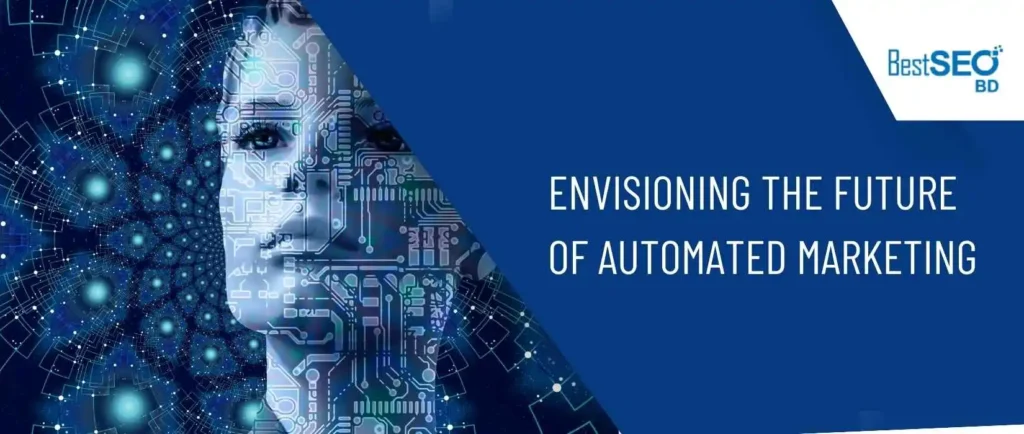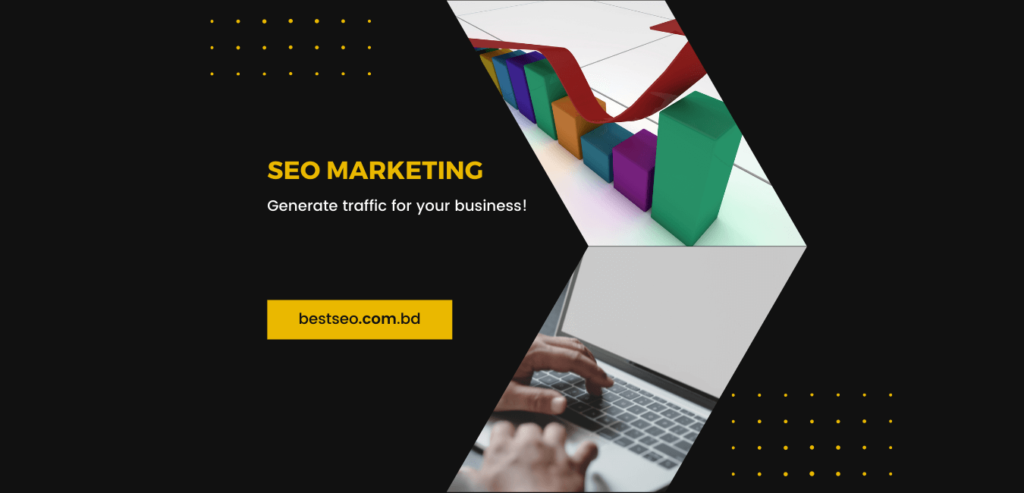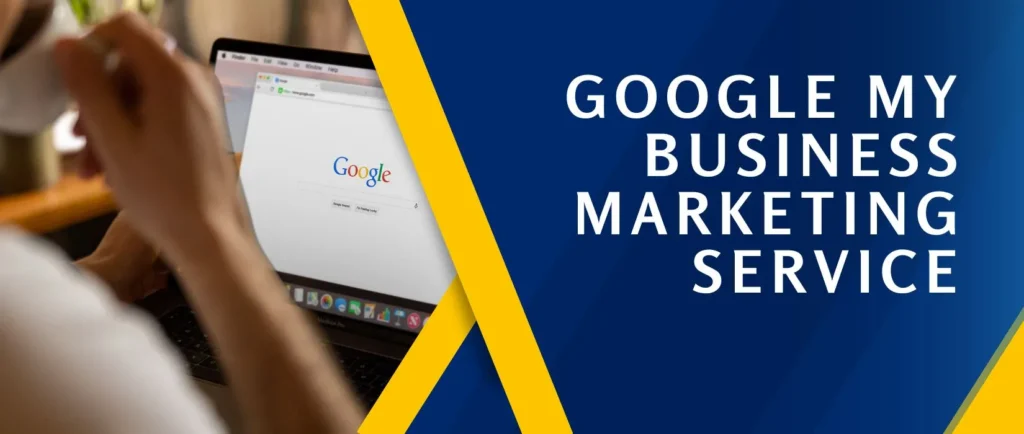Automation has revolutionized many industries and marketing is no exception. In the fast-paced world of digital marketing, the ability to streamline processes, personalize campaigns, and analyze data efficiently is a game-changer. Automation enables marketers to execute complex strategies at scale. As a result, the future of marketing campaigns are becoming more effective, and freeing up time to focus on creative and strategic aspects.
This article explores how automation is transforming marketing campaigns, the tools driving this change, and strategies to make the most of automated solutions.
How the Future of Marketing Campaigns is looking
Marketing automation refers to using software and technology to streamline, automate, and measure marketing tasks and workflows. From email campaigns to social media posts and lead nurturing, automation helps marketers deliver consistent, personalized experiences to their audience.
Key platforms like HubSpot and Marketo are at the forefront, offering features that simplify campaign management and enhance performance tracking.
The Benefits of Marketing Automation
A. Enhanced Efficiency
Automation reduces manual tasks like sending follow-up emails or scheduling social media posts. This saves time and resources, allowing marketers to focus on strategy and creativity.
B. Personalization at Scale
By leveraging data and AI, automated tools can deliver personalized messages to large audiences. Dynamic content, tailored recommendations, and behavioral triggers make campaigns more relevant and engaging.
C. Improved ROI Tracking
Automation tools provide detailed analytics, enabling marketers to track campaign performance, measure ROI, and adjust strategies in real time.
D. Lead Nurturing and Scoring
Automation facilitates effective lead management by nurturing prospects through the sales funnel, assigning scores based on engagement, and ensuring timely follow-ups.
Key Areas Where Automation is Impacting Marketing
A. Email Marketing
The future of marketing campaigns and even the past considers email a cornerstone of digital marketing. Moreover, automation has taken it to the next level. Automated email workflows can send welcome messages, follow-ups, or reminders based on user behavior.
Example:
An e-commerce site can send an automated cart abandonment email, reminding users to complete their purchase and even offering a discount.
B. Social Media Management
Managing multiple social media accounts is challenging without automation. Tools like Hootsuite and Buffer allow marketers to schedule posts, monitor mentions, and analyze engagement metrics seamlessly.
Example:
Brands can schedule a month’s worth of posts in one sitting and track performance across platforms through a single dashboard.
C. Pay-Per-Click (PPC) Campaigns
Platforms like Google Ads and Facebook Ads now offer automated bidding strategies, audience targeting, and A/B testing to optimize ad performance.
Example:
Google’s Smart Bidding uses machine learning to adjust bids based on the likelihood of conversion, maximizing ROI.
D. Customer Relationship Management (CRM)
CRMs like Salesforce and Zoho integrate with marketing automation tools to enhance customer interactions. Automated follow-ups, reminders, and personalized messages ensure no lead slips through the cracks.
AI and Machine Learning: The Backbone of Automation
Artificial intelligence (AI) and machine learning (ML) are the driving forces behind marketing automation. These technologies analyze vast amounts of data to uncover patterns and predict outcomes, enabling smarter decision-making.
Applications in Marketing:
- Chatbots: Provide instant responses to customer queries.
- Content Recommendations: Suggest products, articles, or videos based on user preferences.
- Predictive Analytics: Forecast customer behavior and campaign success.
Challenges and Limitations of Marketing Automation
While automation offers numerous benefits, it’s not without challenges.
A. Over-Personalization
Too much personalization can feel intrusive and deter potential customers. Striking the right balance is also essential.
B. Dependence on Data Quality
Automation tools rely on accurate data. Additionally, incomplete or outdated information can lead to ineffective campaigns.
C. Initial Setup and Costs
Implementing automation requires investment in tools and training, which can be a barrier for small businesses.
D. Lack of Human Touch
Automation can sometimes lack the emotional connection that comes from human interaction, especially in customer service.
Future Trends in Marketing Automation
A. Hyper-Personalization
Automation will continue to evolve, enabling hyper-personalized campaigns based on real-time data and user behavior.
B. Voice and Visual Search Optimization
Automation tools will integrate with emerging search trends like voice and visual search, ensuring content reaches the right audience.
C. Advanced AI-Driven Insights
As AI algorithms improve, they will provide deeper insights into customer preferences, helping marketers craft more effective campaigns.
D. Seamless Omni-Channel Experiences
Automation will enable seamless integration across platforms, ensuring a consistent brand experience for customers.
Shaping a Better Future of Marketing Automation Effectively
A. Choose the Right Tools
Research and select tools that align with your business needs. Platforms like HubSpot, Marketo, and Mailchimp offer versatile solutions for various industries.
B. Segment Your Audience
Divide your audience into specific groups based on behavior, demographics, or preferences to ensure targeted messaging.
C. Start Small
Begin with a single process, such as automated email campaigns, and expand gradually as you become comfortable with the tools.
D. Monitor and Optimize
Regularly analyze performance metrics to identify areas for improvement and adjust your strategy accordingly.
Conclusion
To sum up, marketing automation is transforming the way campaigns are created, executed, and analyzed. Moreover, by automating repetitive tasks, providing valuable insights, and enabling personalization at scale, automation allows marketers to focus on creativity and strategy.
As technology advances, the role of automation in digital marketing will only grow, offering new opportunities to connect with audiences in meaningful ways. By staying ahead of these trends and also implementing the right tools, businesses can hope for a better future for marketing campaigns.
FAQ (Frequently Asked Questions)
1. What is marketing automation?
Marketing automation uses technology to streamline, automate, and measure marketing tasks and workflows. It helps improve efficiency, personalization, and campaign performance.
2. Which areas of marketing benefit the most from automation?
Automation significantly impacts email marketing, social media management, PPC campaigns, and customer relationship management (CRM).
3. What tools are commonly used for marketing automation?
Popular tools include HubSpot, Marketo, Mailchimp, Hootsuite, and Salesforce.
4. How does AI enhance marketing automation?
AI powers predictive analytics, content recommendations, chatbots, and personalized messaging, making campaigns more effective and data-driven.
5. What are the challenges of marketing automation?
Challenges include high setup costs, dependence on data quality, over-personalization risks, and the lack of a human touch.
Marketing automation is more than just a trend—it’s a necessity in today’s competitive digital landscape. As a result, embracing it can drive success, streamline efforts, and create a lasting impact on your audience.



